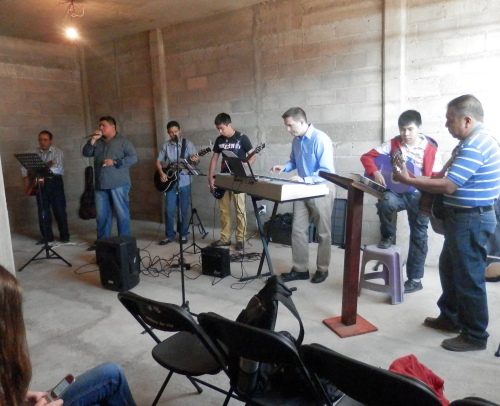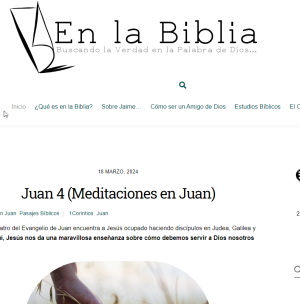Service Soundtrack
Some interesting things happen while I’m preaching. This is partly because we’re more or less outdoors (please pray that we can find a more permanent place!).
This past Sunday was, of course, Resurrection Sunday. And as I was preaching, a microphone stand randomly fell over. Oh well… it wasn’t the one I was using.
But then a parade, with a band, started to go by. Now, the back door was open, and so I could see people in costumes going by the door. And they weren’t all – shall we say – the most spiritual. And this was right at the very personal application part of the sermon, the last few minutes, and the prayer.
I stopped briefly (this is the part you see in the clip), thinking that it was passing by. But they instead camped out at a house nearby, and we were able to enjoy the full effect for maybe 15 minutes or so.
Anyway, you won’t see the parade in the clips below, but you will get an idea of how loud it was. Eventually they began to set off “bombas” (exploding fireworks, which sound a lot like gunshots). Oddly, those didn’t really pick up in the video. They were pretty constant and loud especially during our closing singing!
But here you are – another little glimpse of the unexpected…






